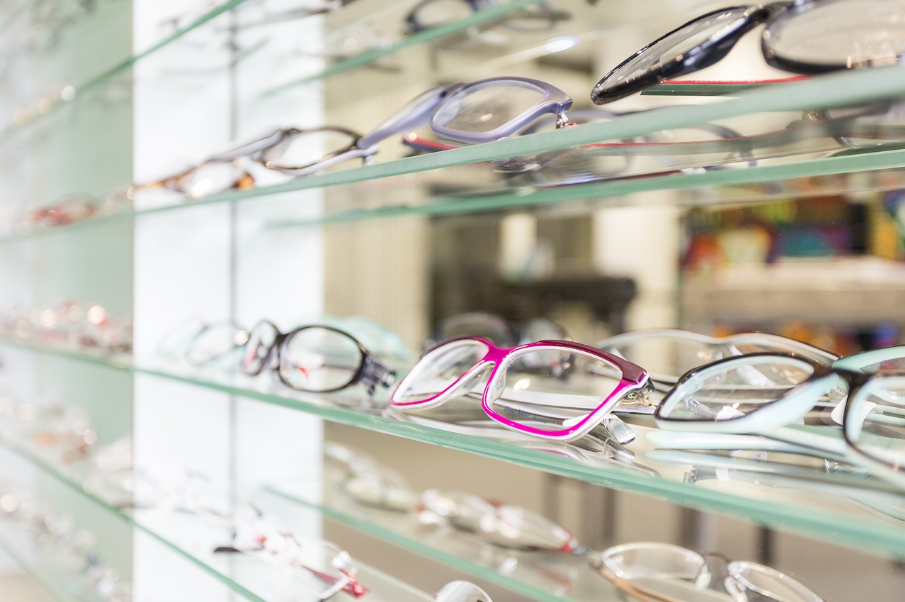Many consumers are confused when buying eyeglasses. They usually choose frames according to their own preferences, and generally consider whether the frames are comfortable and whether the price is reasonable. But the choice of lenses is confusing: which brand is good? What function of the lens is suitable for you? Which lenses are of high quality? In the face of a wide variety of lenses, how do you choose the one that suits you?

How do office workers choose?
Office workers often need to face the computer for a long time, even switching back and forth between various electronic products. It is easy to cause eye overuse, exacerbating visual fatigue. In the long run, eye dryness, eye astringency, blurred vision and other symptoms have emerged, affecting work efficiency and prone to a variety of "side effects": shoulder and neck pain, headache, dry eyes and so on.
Therefore, for office workers who work long hours with electronic products, their lenses should have the function of anti-fatigue, blocking harmful blue light and protecting eye health.
Suitable products are full-color photochromic lenses, and anti-blue light photochromic lenses.

How do students choose?
As students are under greater pressure to learn, how to effectively slow down and control the growth of myopia is always a major concern for students and their parents. The causes of myopia in children and adolescents are different, so before you get a prescription, you should first undergo a professional optometric examination, and then choose a product that meets your needs based on the results of the examination and the condition of your own eyes, to effectively delay the development of myopia.
For students with increasing study pressure, the suitable products are progressive lenses, anti-fatigue lenses, and myopia prevention and control lenses with peripheral defocus design.

How do elder people choose?
As people grow older, the lens gradually ages, and regulation decreases, so that they gradually experience blurred vision and difficulty in seeing near, which is a normal physiological phenomenon, that is, presbyopia. If they have refractive errors when looking at a distance, they will have blurred vision at all distances. Therefore, their greatest need is to see clearly and comfortably at all distances - far, medium, and near - and to satisfy the whole process of superior visual quality.
Secondly, the risk of various eye diseases (cataracts, glaucoma, etc.) increases with age, so they also need a certain degree of UV protection.
If the above needs are met, middle-aged and old-aged people can choose the photochromic lenses for presbyopia, which are more suitable for them. Meanwhile, if they watch a lot of TVs and cell phones, anti-blue light photochromic lenses are also a good choice.
In a word, different age groups, with unique visual needs, require various means of eye health examination to clarify the parameters of prescription lenses and different products to satisfy different people.
Post time: Jul-02-2024
